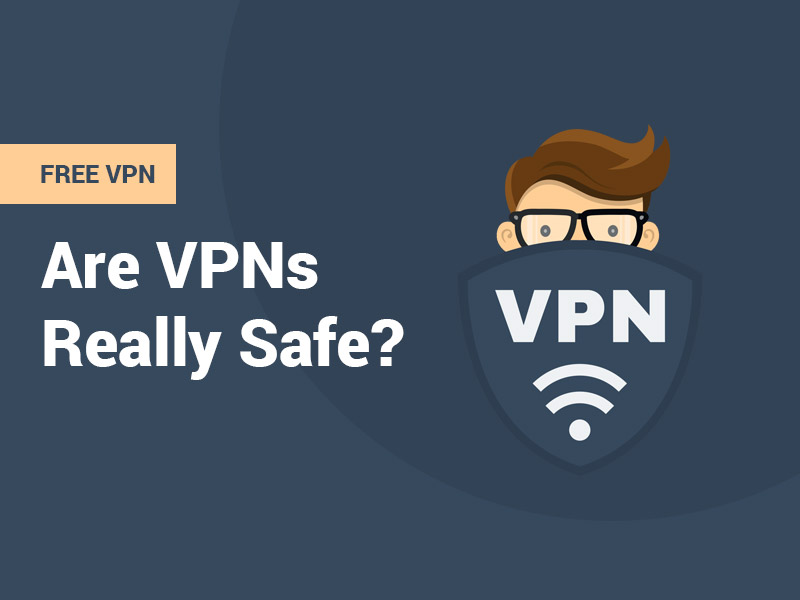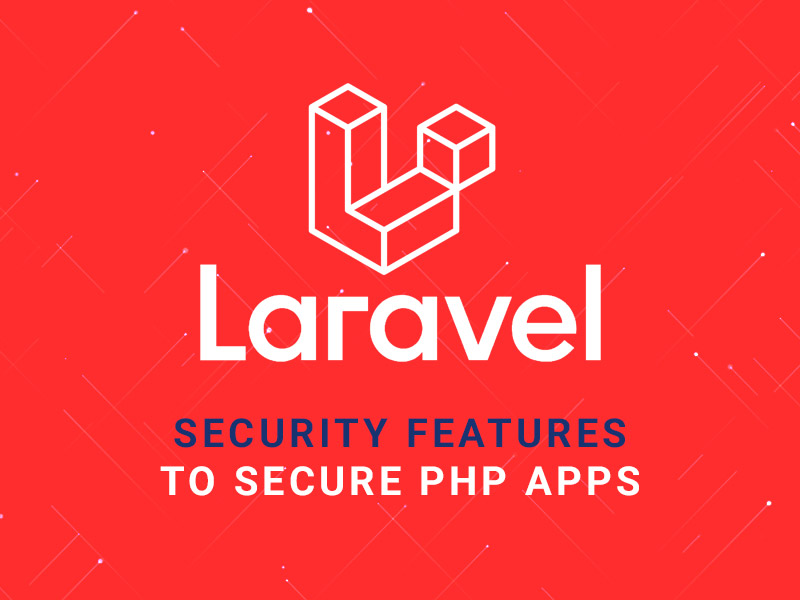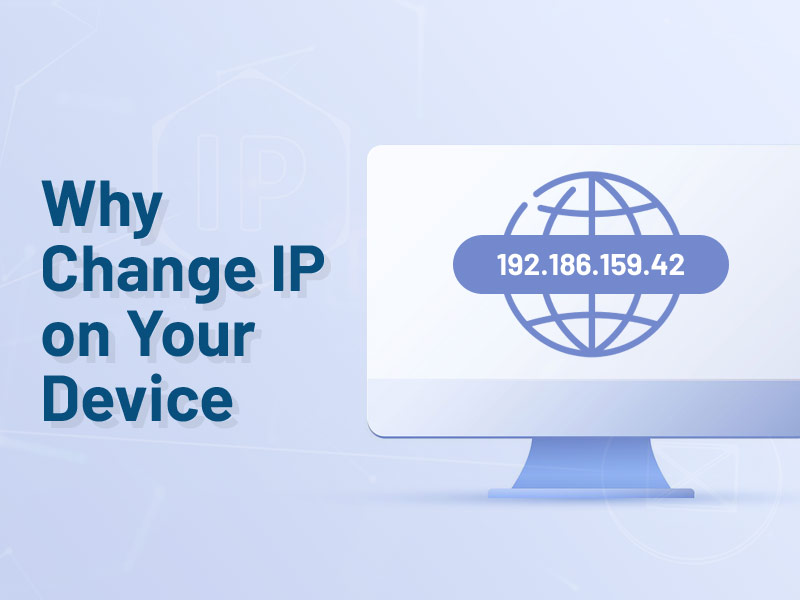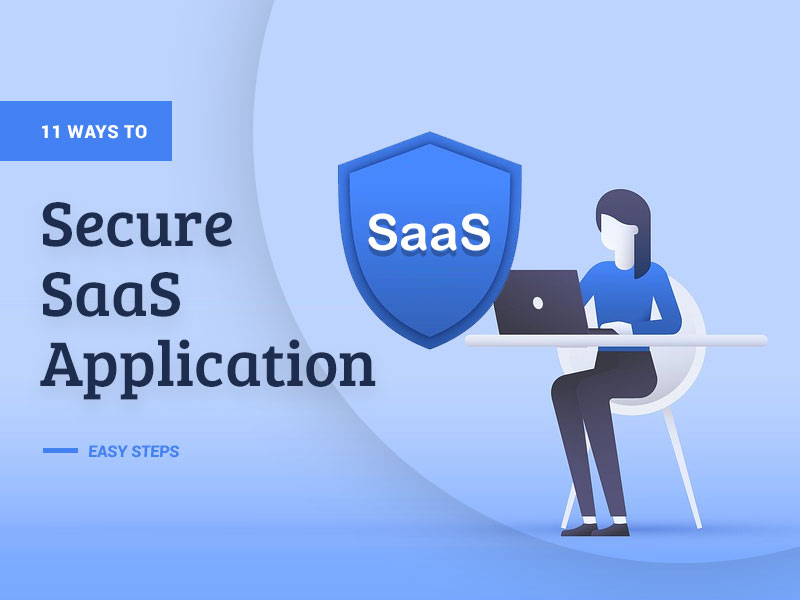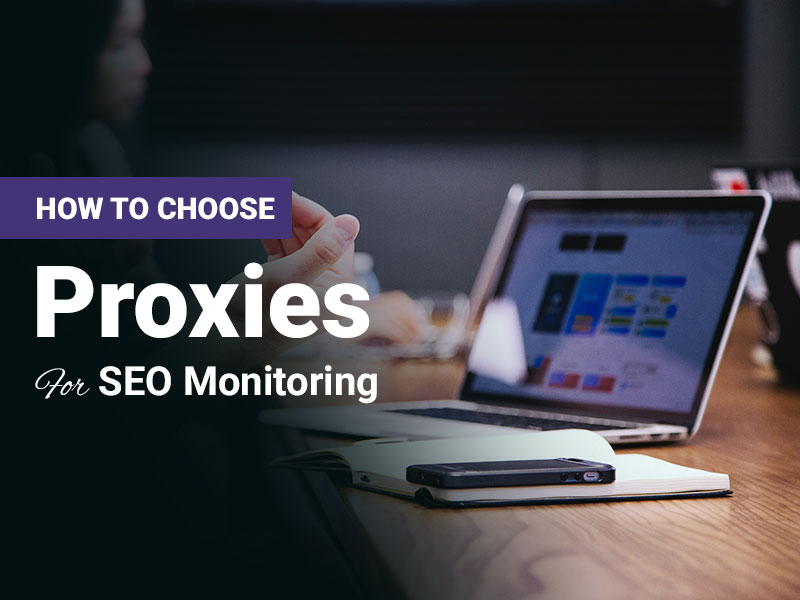Whether you’re browsing the Internet for business or pleasure, you’re undoubtedly aware that doing so exposes you and your company to a variety of threats.
When you connect to the Internet, you open yourself up to hackers and thieves who can take everything from your personal information to your browser history to your financial information.
So, if you want to keep yourself and your business safe online, you should look into private surfing utilizing a VPN free or top-notch service by Surfshark. But which option is best for you?
What is a virtual private network (VPN) and what does it imply?
The abbreviation for Virtual Private Network (VPN) or “virtual private network” is “virtual private network.”
VPNs encrypt your Internet traffic and online identity, making it nearly impossible for other parties to break into your network and steal your data.
Who does a VPN keep track of?
When you go online, your Internet Service Provider (ISP) usually provides you with a connection and uses an IP address to track what you do. Your web traffic passes through the servers of your Internet service provider, which can log and monitor everything you do online.
Your Internet service provider may appear to be trustworthy, but it could be selling your search data to advertisers, the police, the government, or others. Your ISP is still vulnerable to hacking: if hackers gain access to it, your personal and private information may be compromised.
This is especially important to consider if you are used to connecting to public Wi-Fi networks. You never know who is observing your Internet traffic on the other end or what they are trying to steal from you: passwords, personal information, financial information, or even your complete identity.
A VPN’s Operation
A VPN hides your IP address by routing it through a VPN host’s specially configured distant server. As a result, when you use a VPN to access the internet, the VPN server becomes the source of your data. Your ISP or anyone else will be unable to see which websites you are visiting or what information you are inputting as a result of this. A VPN for Windows works as a filter, converting all data sent and received into gibberish. Even if someone managed to obtain this information, it would be meaningless.
What should a good VPN be capable of?
You can use a VPN for a variety of reasons – different VPNs will be the best vpn for torrenting, streaming, gaming, etc. so, if you are getting a VPN for a specific reason, it’s worth doing your research so that you are able pick the best one for your individual needs. Any compromising of the VPN itself must be avoided.
These are the characteristics you should look for in a full VPN solution:
Encrypting IP addresses
The primary and most important function of a VPN is to disguise your IP address from your ISP and any third parties. This allows you to communicate and receive information over the internet that is only visible to you and your VPN provider.
Encryption of logs
The best free VPN for Windows should also protect you from leaving a trail, such as internet history, search history, or cookies. Encrypting cookies is especially important since it prevents third parties from reading sensitive information such as personal information, financial information, and other content posted to sites that you don’t want connected back to you.
